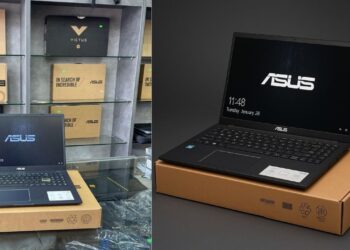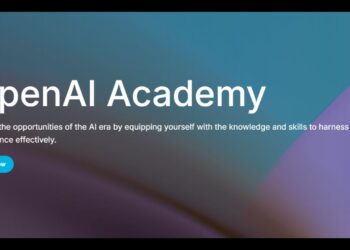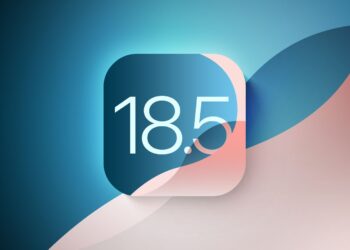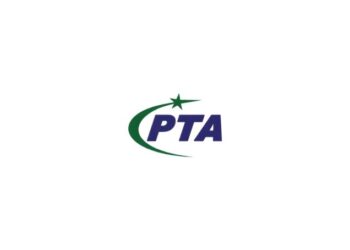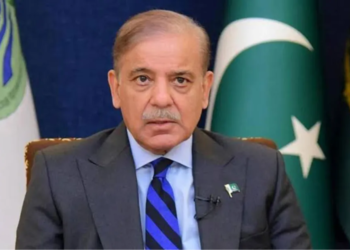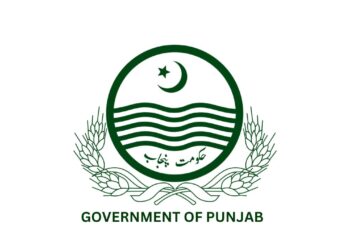A mobile phone application which can assist clinicians perform fast and accurate diagnosis of skin cancers and ailments has been developed by IIT Kharagpur students‚ DECCAN Chronicle reported.
The application ‘Clip O Cam-Derma’ which can be used on any smart-phone has been developed in the School of Medical Science and Technology at IIT‚ Kharagpur‚ led by research scholar Debdoot Sheet.
The mobile app, which will be launched in the market after regulatory approvals, can help physicians speed up diagnosis and handle more patients within a shorter time.
The innovation has won the ‘GE Edison Challenge 2013’ recently in Bangalore and has been awarded an incubation prize of Rs. 10 lakhs.
Along with the mobile app, a clip-on device is attached to the handset which illuminates the patient’s skin using a colourful flash while the phone camera takes a sequence of images The images are then uploaded from the phone to the ‘DRICTION’ computational imaging service on the cloud.
They are then processed to provide consolidated diagnostic information to skilled paramedics, assisting them with assessing potential nature and risk of lesions, and suggesting an expert physician’s intervention in critical cases.
The researchers say the app can be used by semi-skilled paramedics working in rural and primary healthcare centres.
It will assist in fast and high-precision screening of skin lesions and abnormalities like cancers, psoriasis, scaling, keratinisation, melanoma, inflammation, ulcers, lipoma, healing and non-healing wounds, and heavy-metal induced dysplasia, all of which may or may not be evidently visible on the surface.
“This in effect will facilitate high-throughput screening of patients at resource constrained or remotely located healthcare centers lacking even minimal access to expert physicians, but witnessing an exponential rise in deaths related to complex skin abnormalities,” Sheet said.
The app will not only help in diagnosis but also monitoring the control of the skin disease.
“We will sell it to hospital chains and healthcare service providers in India,” he said.
It can also be used in countries like Africa where health infrastructure is very poor.
On the accuracy of the product, the researcher said tests have found it to be 99 percent accurate.


